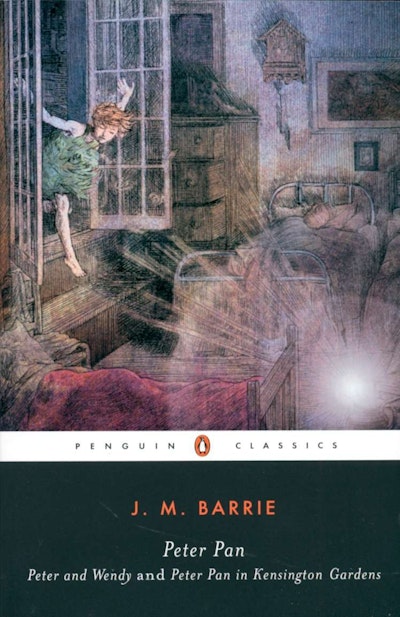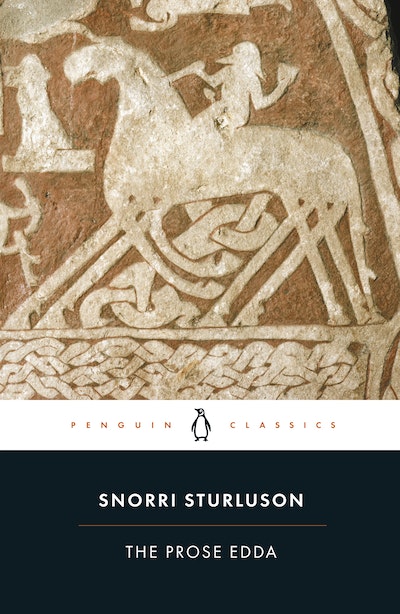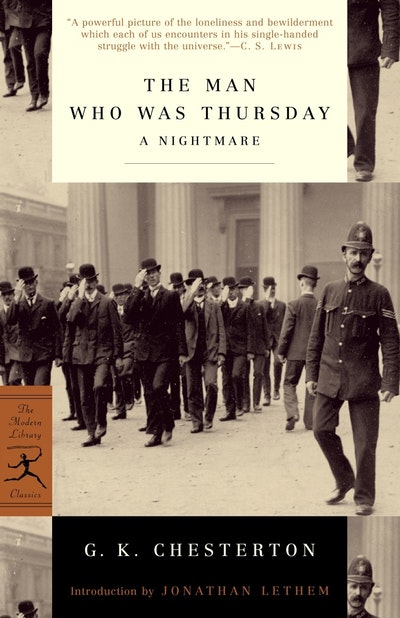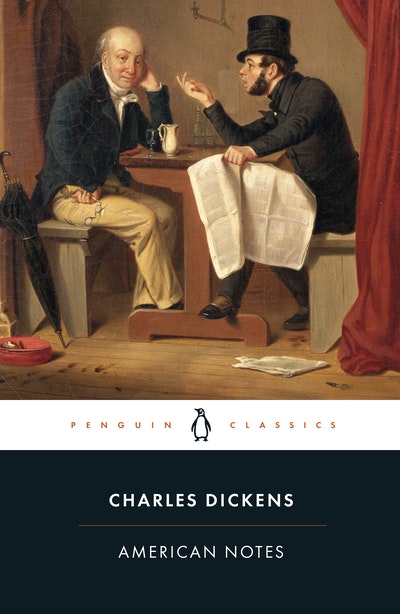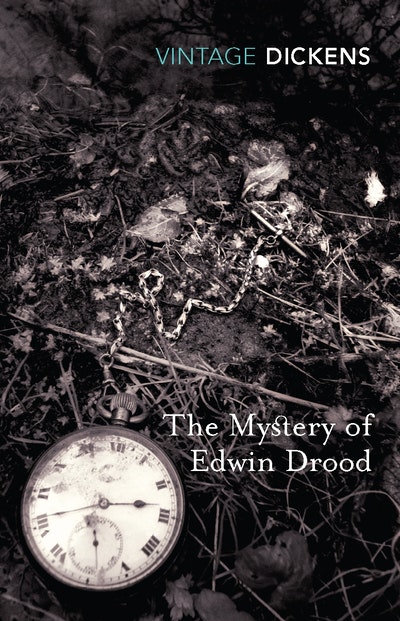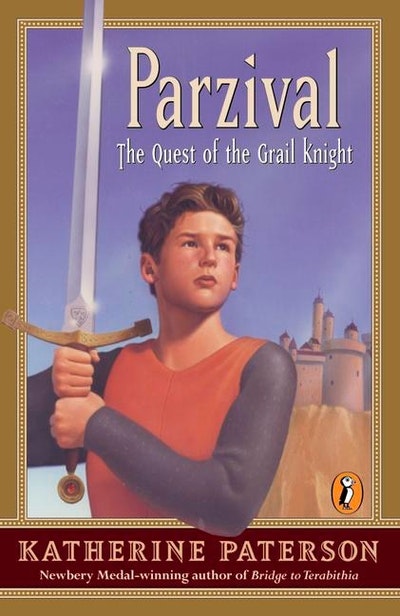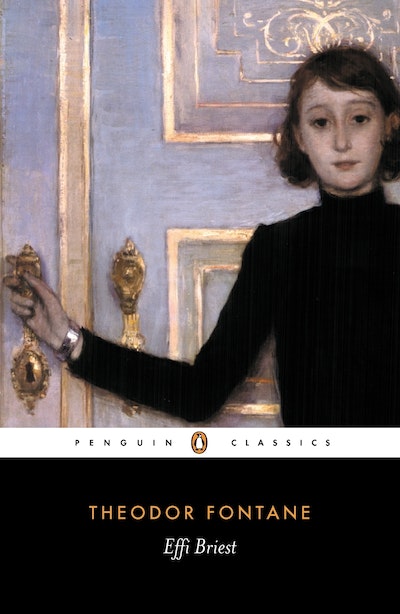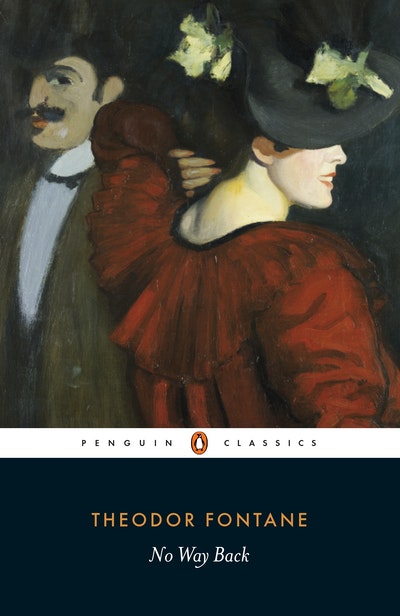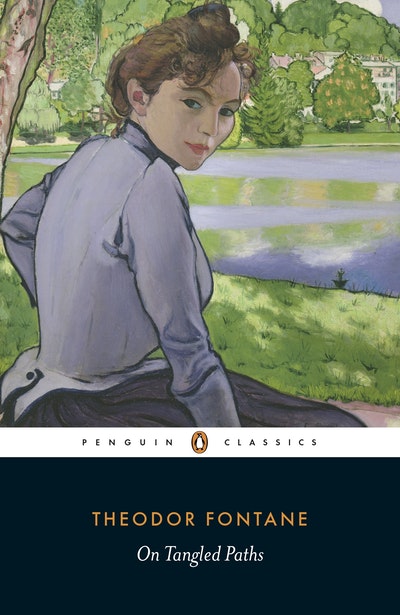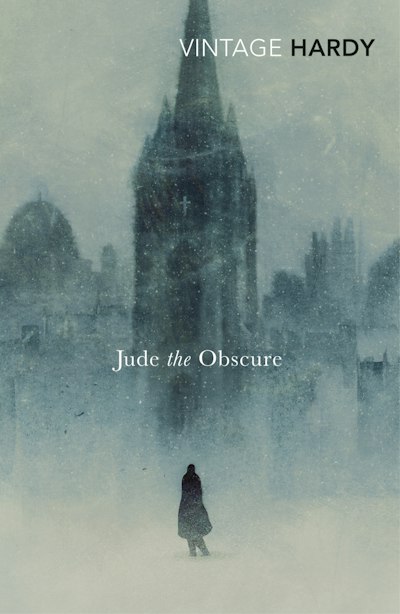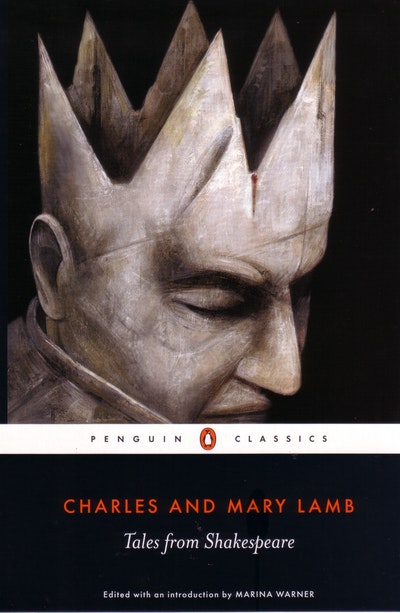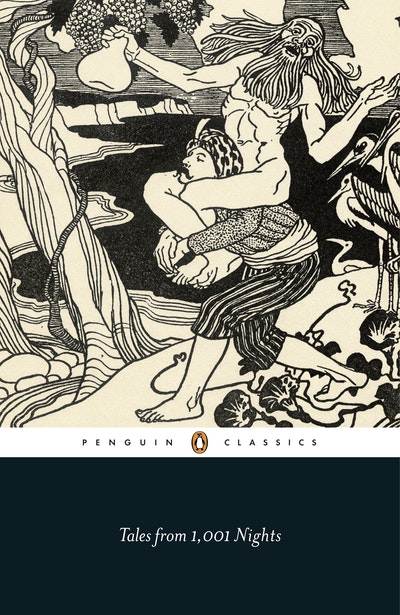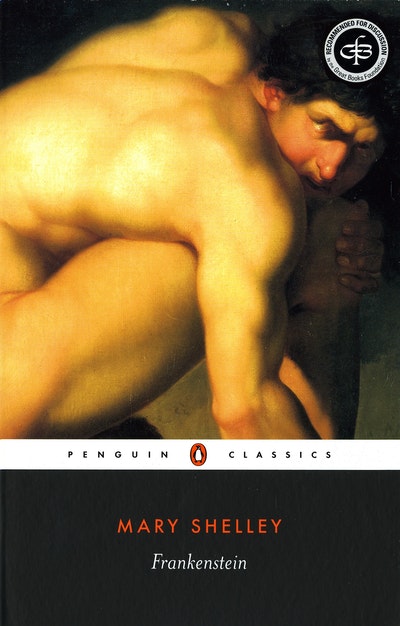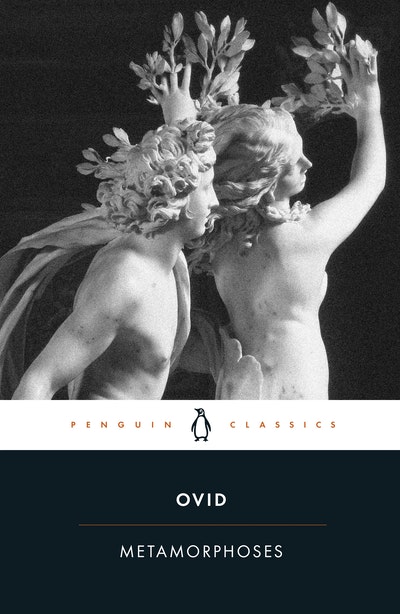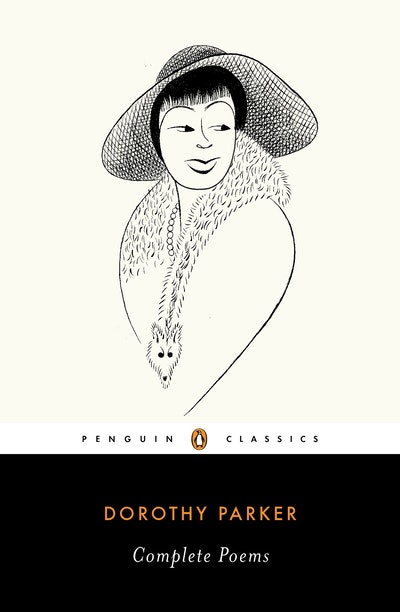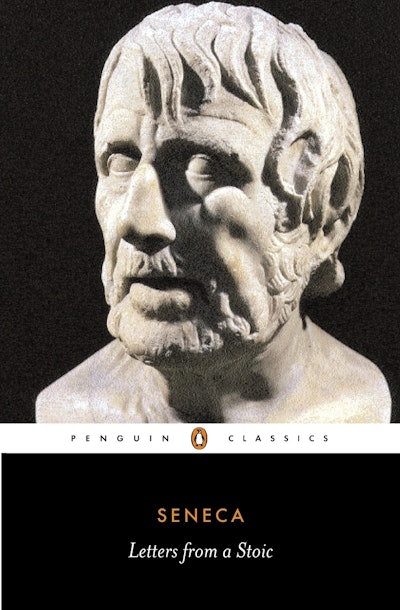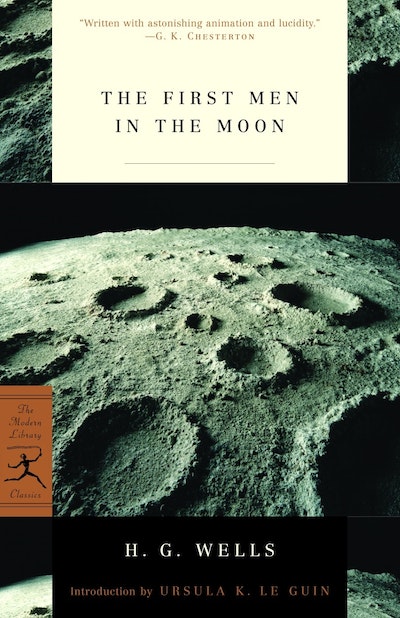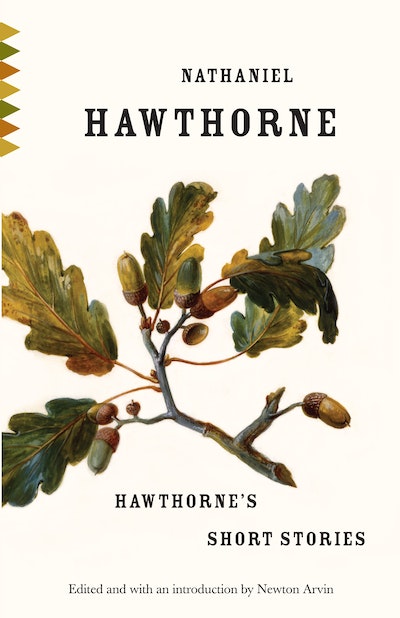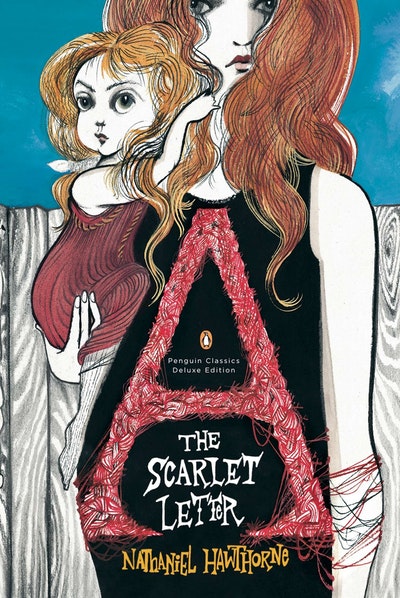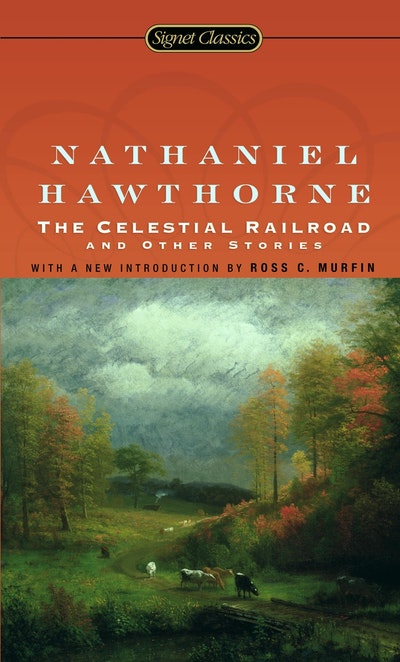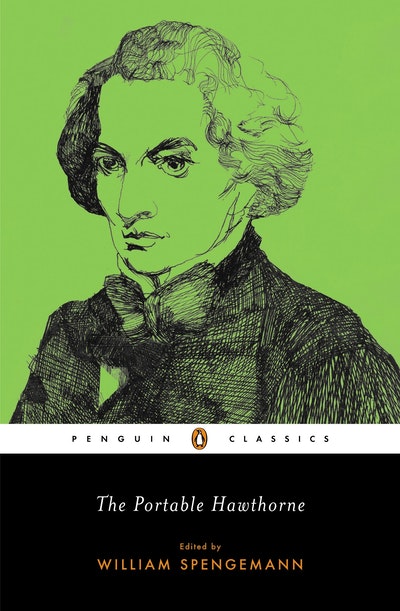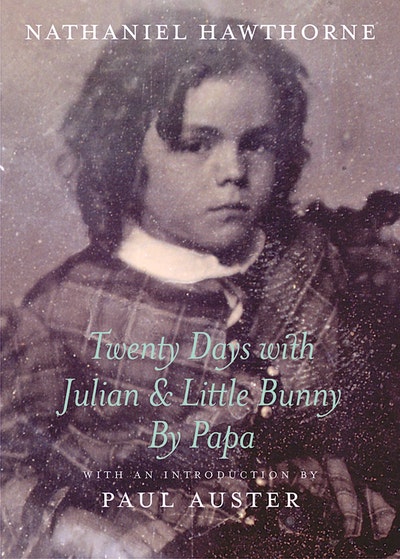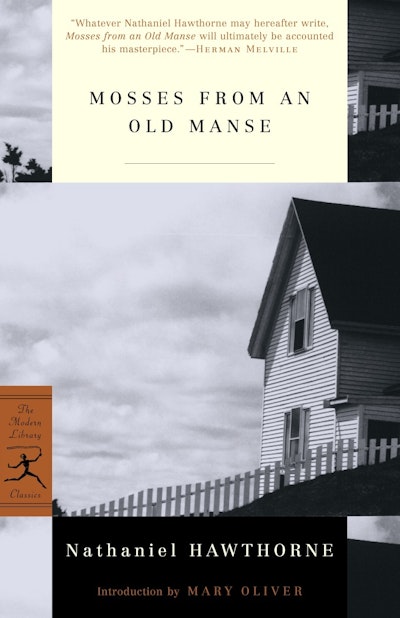- Published: 29 February 2016
- ISBN: 9780143107668
- Imprint: Penguin Classics
- Format: Paperback
- Pages: 288
- RRP: $19.99
The Scarlet Letter
One of the central novels in the American canon with a new foreword by Tom Perotta and introduction by Hawthorne scholar Robert Milder
The canonical American masterpiece of sin, guilt, and revenge, in an authoritative new edition from Penguin Classics with a foreword by Tom Perrotta
At once retrospective and radically new, The Scarlet Letter portrays seventeenth-century Puritan New England, a time period irreversibly encoded in the American identity. Hawthorne built one of the most incisive and devastating human dramas ever written out of a community and its outcasts: Hester Prynne and Arthur Dimmesdale, one emblazoned with sin and the other distraught with hidden guilt; Pearl, a child born into ostracism; and Roger Chillingworth, driven to vengeance by hatred. Though these characters face a set of specifically troubling circumstances, their words and actions point to moral truths inherent in human affairs, independent of time and place.
The text of this edition, approved by the Center for Scholarly Editions of the Modern Language Association, is the result of an exhaustive examination of Hawthorne’s manuscript and other historical records. Robert Milder provides an enlightening new scholarly introduction and bibliography. Tom Perrotta, whose novel The Leftovers—now a hit HBO show—was influenced by Hawthorne’s work, provides a thoughtful foreword on how he came to appreciate Hawthorne’s masterpiece.
For more than sixty-five years, Penguin has been the leading publisher of classic literature in the English-speaking world. With more than 1,500 titles, Penguin Classics represents a global bookshelf of the best works throughout history and across genres and disciplines. Readers trust the series to provide authoritative texts enhanced by introductions and notes by distinguished scholars and contemporary authors, as well as up-to-date translations by award-winning translators.
- Published: 29 February 2016
- ISBN: 9780143107668
- Imprint: Penguin Classics
- Format: Paperback
- Pages: 288
- RRP: $19.99
Other books in the series
About the author
Date: 2013-08-06
Nathaniel Hawthorne was born on 4th July 1804 in Salem, Massachusetts. One of his descendants was John Hathorne who presided over the Salem Witch Trials of 1692. Hawthorne's father died when he was four years old. He was educated at Bowdoin College where he became friends with the poet Henry Wadsworth Longfellow. He published his first novel, Fanshawe in 1828 and after this his stories began to appear in periodicals. He in 1842 and he and his wife Sophia went on to have three children. He published his most famous work, The Scarlet Letter, in 1850, and in that same year he became friends with the novelist Herman Melville. Melville later dedicated Moby Dick to Hawthorne. Between 1853 and 1860 he lived in Liverpool in England while he was working as an American consul, and then in Italy, before returning to his home in Concord, Massachusetts. Nathaniel Hawthorne died on 19th May 1864.
Nathaniel Hawthorne was born on July 4, 1804, in Salem, Massachusetts, the son and grandson of proud New England seafarers. He lived in genteel poverty with his widowed mother and two young sisters in a house filled with Puritan ideals and family pride in a prosperous past. His boyhood was, in most respects, pleasant and normal. In 1825 he was graduated from Bowdoin College, Brunswick, Maine, and he returned to Salem determined to become a writer of short stories.
For the next twelve years he was plagued with unhappiness and self-doubts as he struggled to master his craft. He finally secured some small measure of success with the publication of his Twice-Told Tales (1837). His marriage to Sophia Peabody in 1842 was a happy one. The Scarlet Letter (1850), which brought him immediate recognition, was followed by The House of the Seven Gables (1851). After serving four years as the American Consul in Liverpool, England, he travelled in Italy; he returned home to Massachusetts in 1860. Depressed, weary of writing, and failing in health, he died on May 19, 1864, at Plymouth, New Hampshire.
Praise for The Scarlet Letter
"It is beautiful, admirable, extraordinary; it has in the highest degree that merit which I have spoken of as the mark of Hawthorne's best things--an indefinable purity and lightness of conception...One can often return to it; it supports familiarity and has the inexhaustible charm and mystery of great works of art." --Henry James
"The style of Hawthorne is purity itself. His tone is singularly effective--wild, plaintive, thoughtful, and in full accordance with his themes... We look upon him as one of the few men of indisputable genius to whom our country has as yet given birth." --Edgar Allan Poe











































































